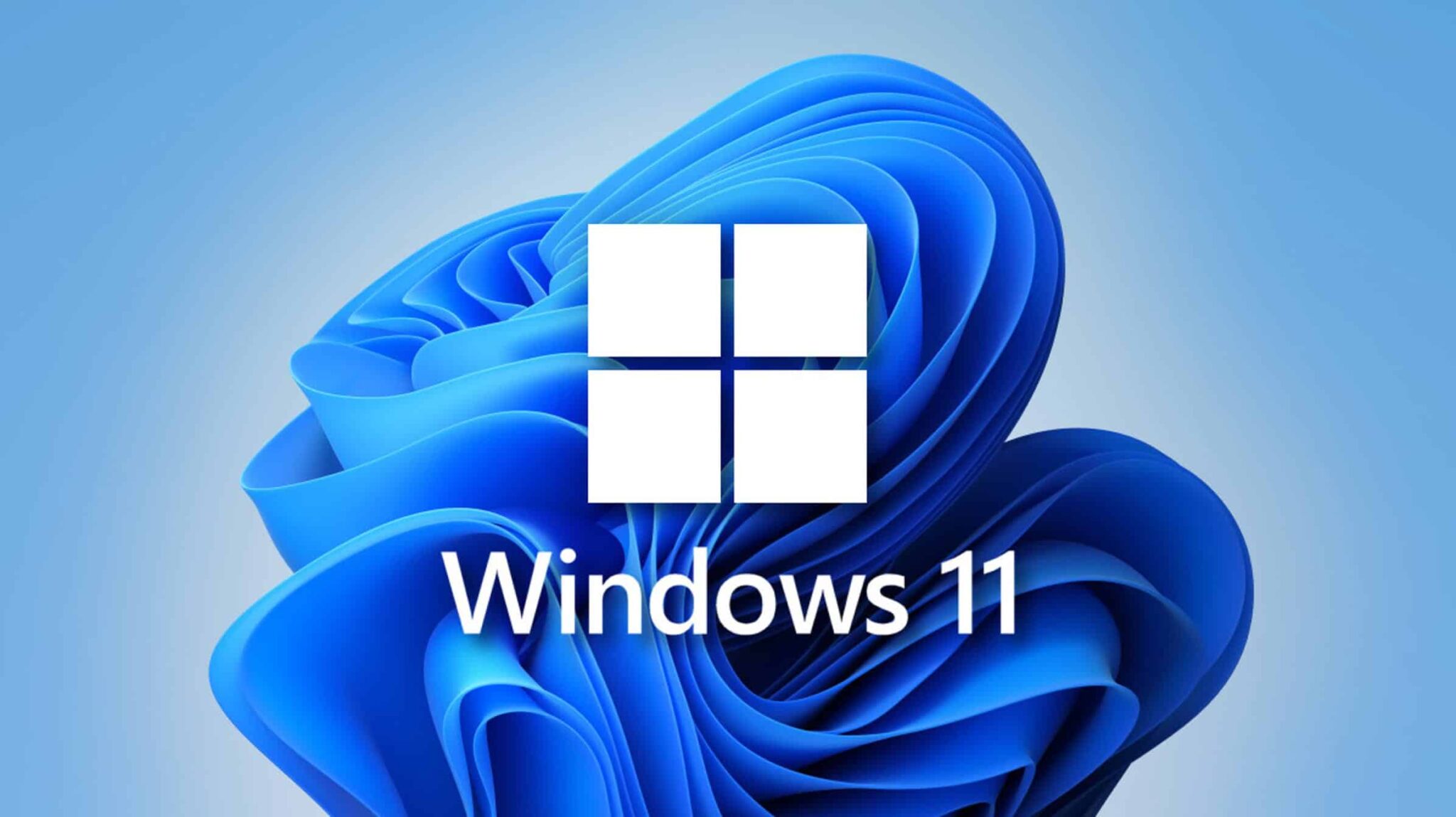Get ready, gamers! Microsoft is reportedly developing its own AI-powered upscaling technology for Windows 11, promising smoother gameplay and potentially shaking up the graphics card landscape. This move mirrors similar features offered by Nvidia (DLSS), AMD (FSR), and Intel (XeSS), and could offer wider compatibility and accessibility for PC players.
Key Highlights:
- Windows 11 to receive “Automatic Super Resolution” feature.
- Function similar to DLSS, upscaling lower resolutions to enhance performance.
- Details scarce, but could launch with Windows 11 24H2 update.
- Potential for wider hardware compatibility compared to vendor-specific solutions.
Windows Embraces AI for Smoother Gaming
Leaked information from test builds of Windows 11 revealed a hidden feature called “Automatic Super Resolution.” Described by Microsoft as using “AI to make supported games play more smoothly with enhanced details,” this strongly suggests an upscaling technology akin to Nvidia’s Deep Learning Super Sampling (DLSS). Like DLSS, the Windows solution would likely render games at lower resolutions internally and then use AI to intelligently upscale them to the user’s chosen display resolution, boosting frame rates without sacrificing visual quality significantly.
Wider Reach than Vendor-Specific Solutions?
Currently, DLSS works only on Nvidia RTX graphics cards, while AMD FidelityFX Super Resolution (FSR) and Intel Xe Super Sampling (XeSS) have broader compatibility but rely on specific AMD and Intel hardware, respectively. Microsoft’s solution, integrated directly into Windows 11, could potentially work on a wider range of hardware, including older graphics cards. This could be a boon for gamers who can’t afford the latest GPUs or don’t have access to vendor-specific technologies.
Unanswered Questions and the Road Ahead
While the discovery is exciting, many questions remain unanswered. We don’t know how well the technology performs compared to established solutions, whether it requires specific hardware beyond the basic Windows 11 requirements, and when it will be officially released. Rumors point towards a potential launch with the Windows 11 24H2 update later this year, but Microsoft has yet to make any official announcements.
Integration and Implementation:
- Game support: How will game developers integrate this new feature? Will it require specific patches or work seamlessly with existing titles?
- User control: Will users have granular control over upscaling settings, allowing them to adjust performance and image quality based on their preference?
- Driver compatibility: How will it interact with different graphics card drivers, especially for older GPUs?
Technical Specifications:
- Algorithm details: It’s unclear if Microsoft is building its own AI model from scratch or leveraging existing technology. Knowing the technical foundation will shed light on potential performance and hardware compatibility.
- Performance benchmarks: Comparing frame rate gains and image quality against established solutions like DLSS and FSR is crucial for gauging its effectiveness.
- Hardware requirements: Will it require specific hardware beyond basic Windows 11 requirements? Clarifying this is essential for understanding its accessibility.
A Potential Game Changer for PC Gaming
If implemented successfully, Microsoft’s AI upscaler could be a game-changer for PC gaming. By offering wider compatibility and potentially competitive performance compared to vendor-specific solutions, it could make high-performance gaming more accessible and open up new possibilities for developers and players alike. However, it’s crucial to wait for official information and benchmarks before drawing definitive conclusions.































